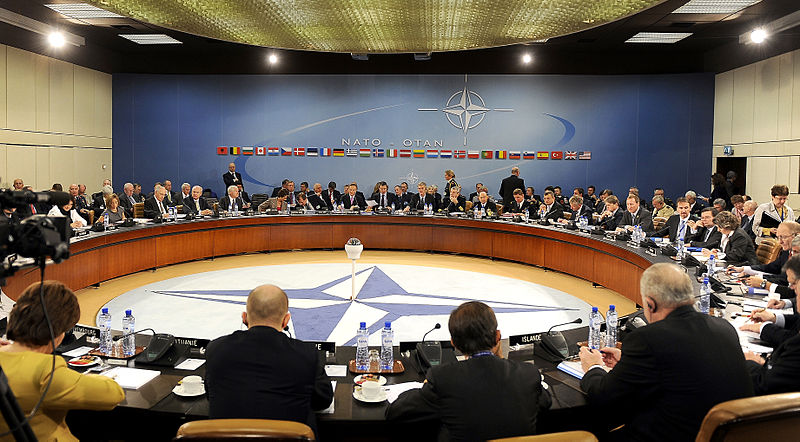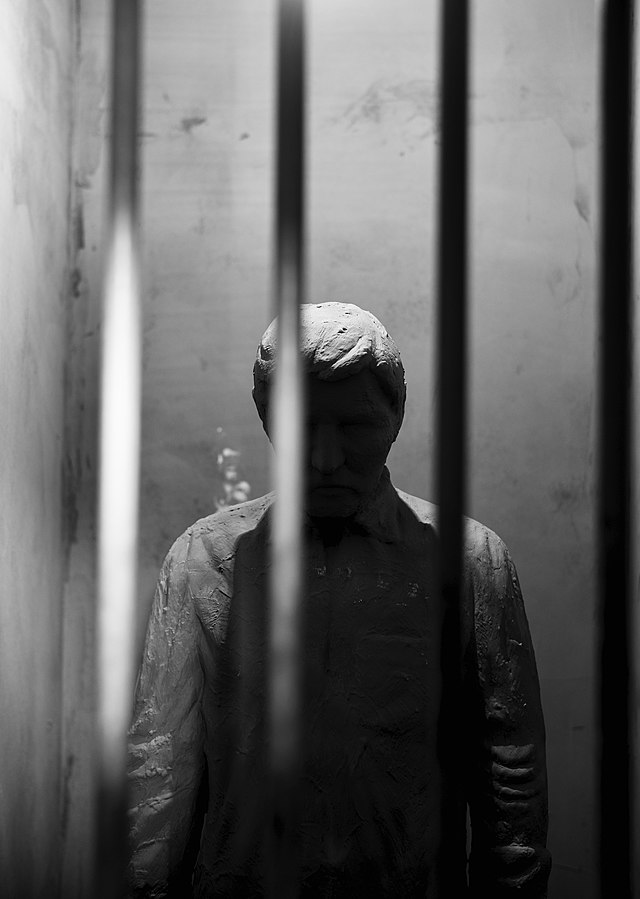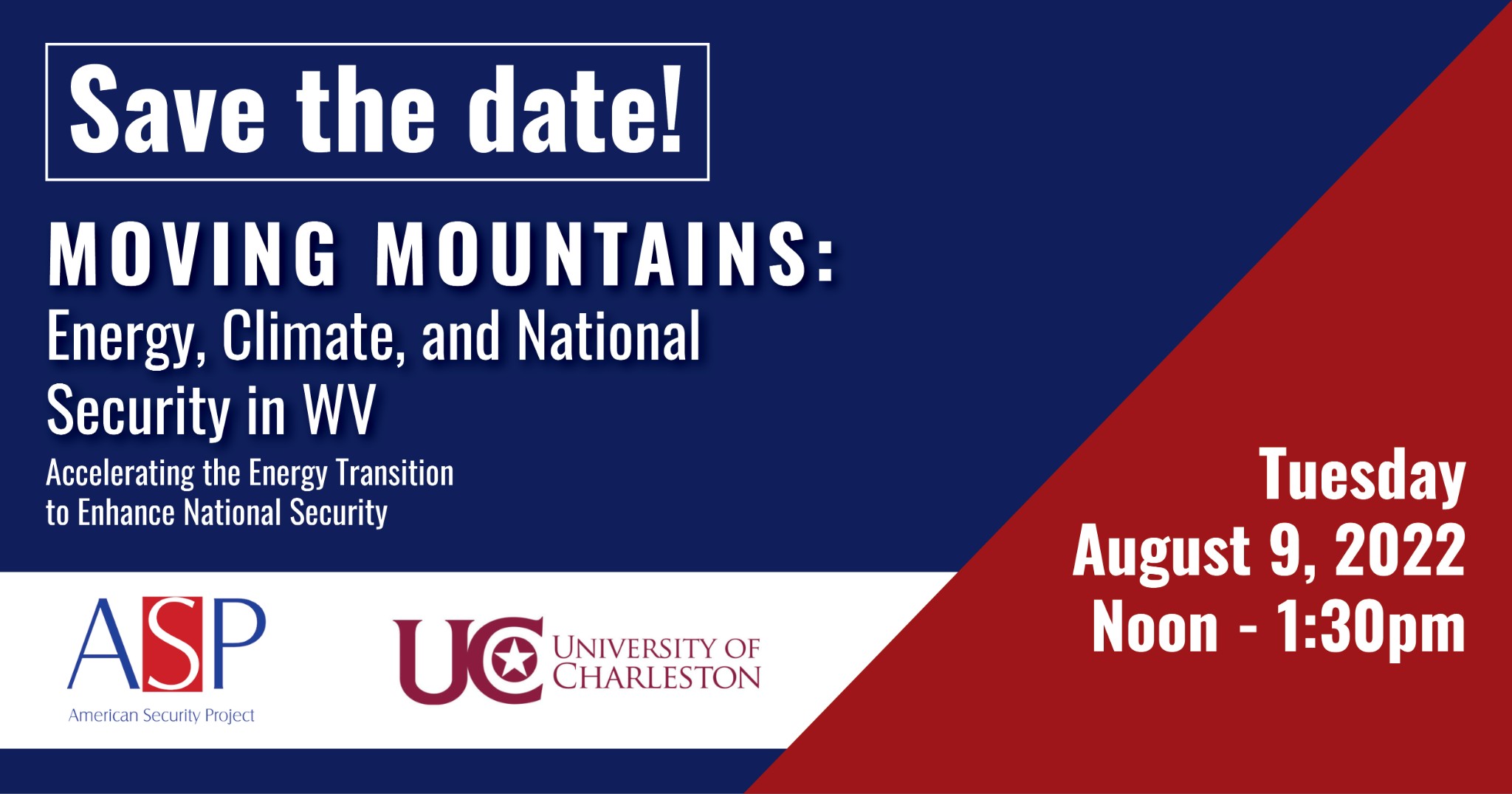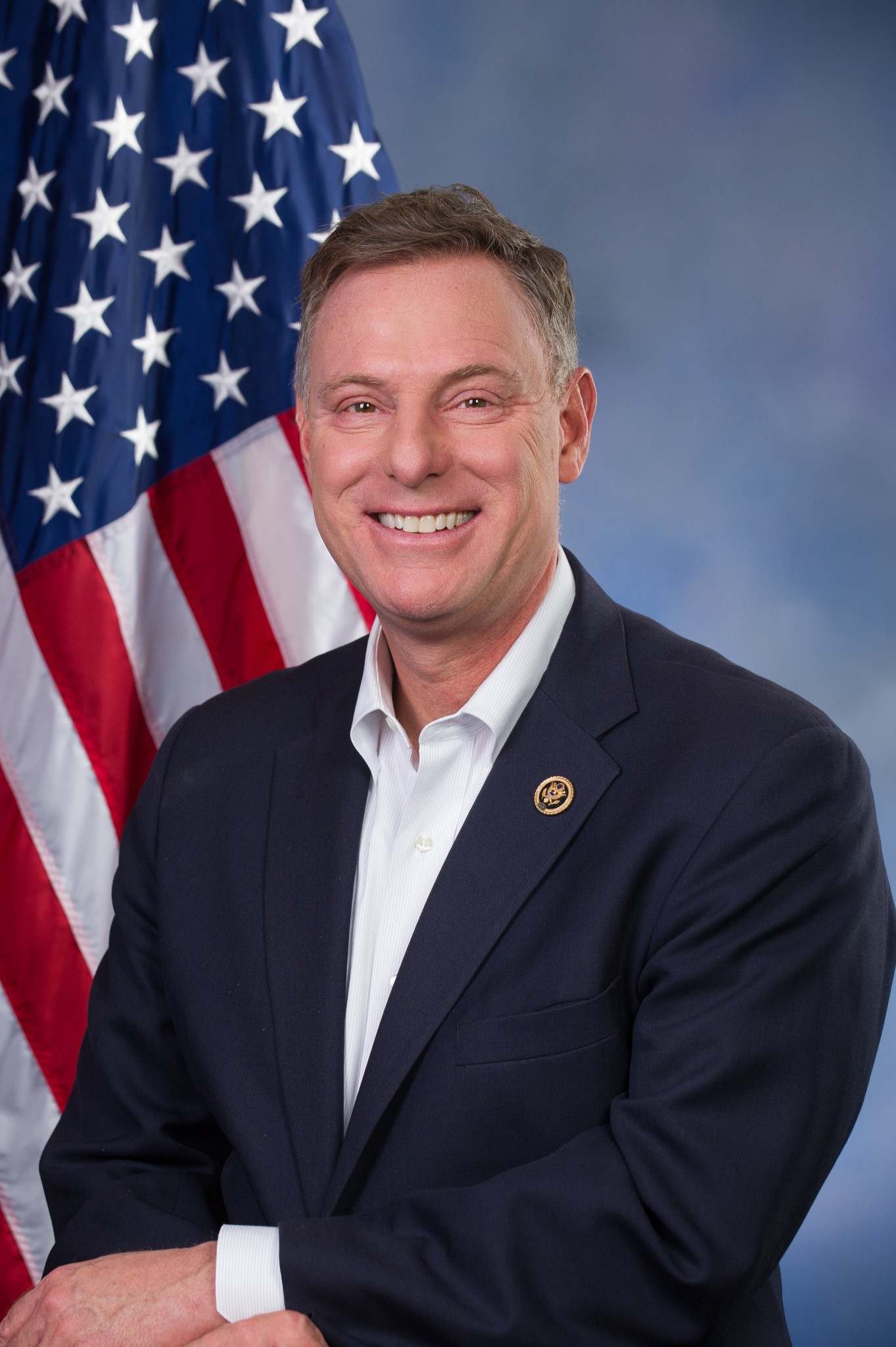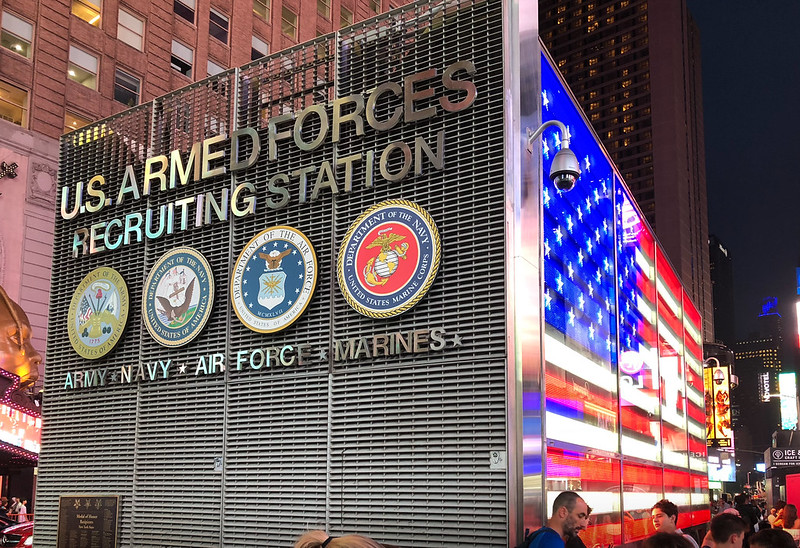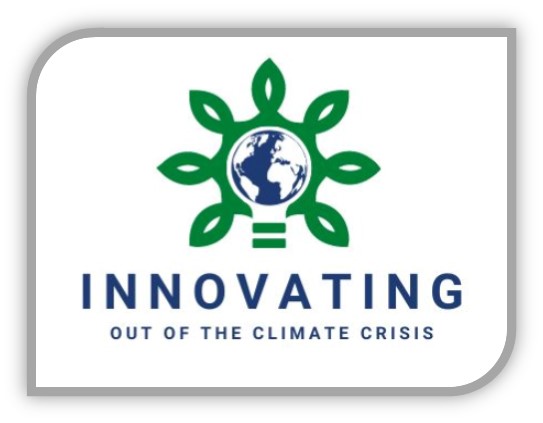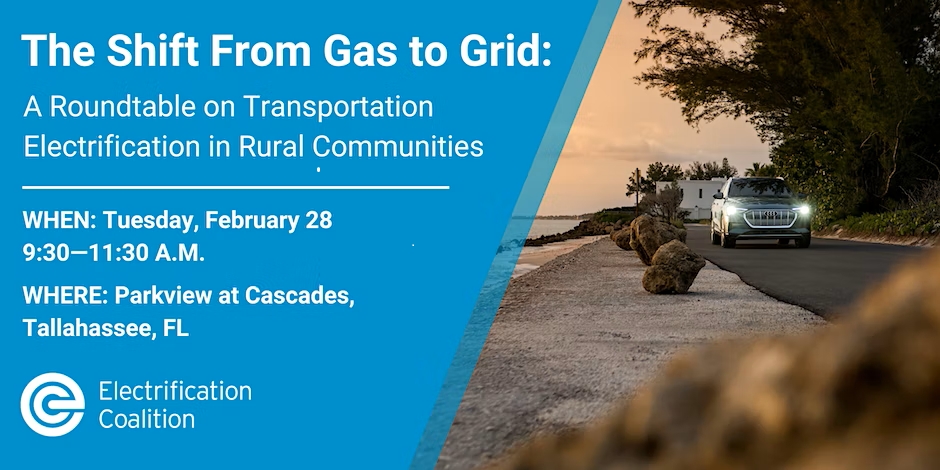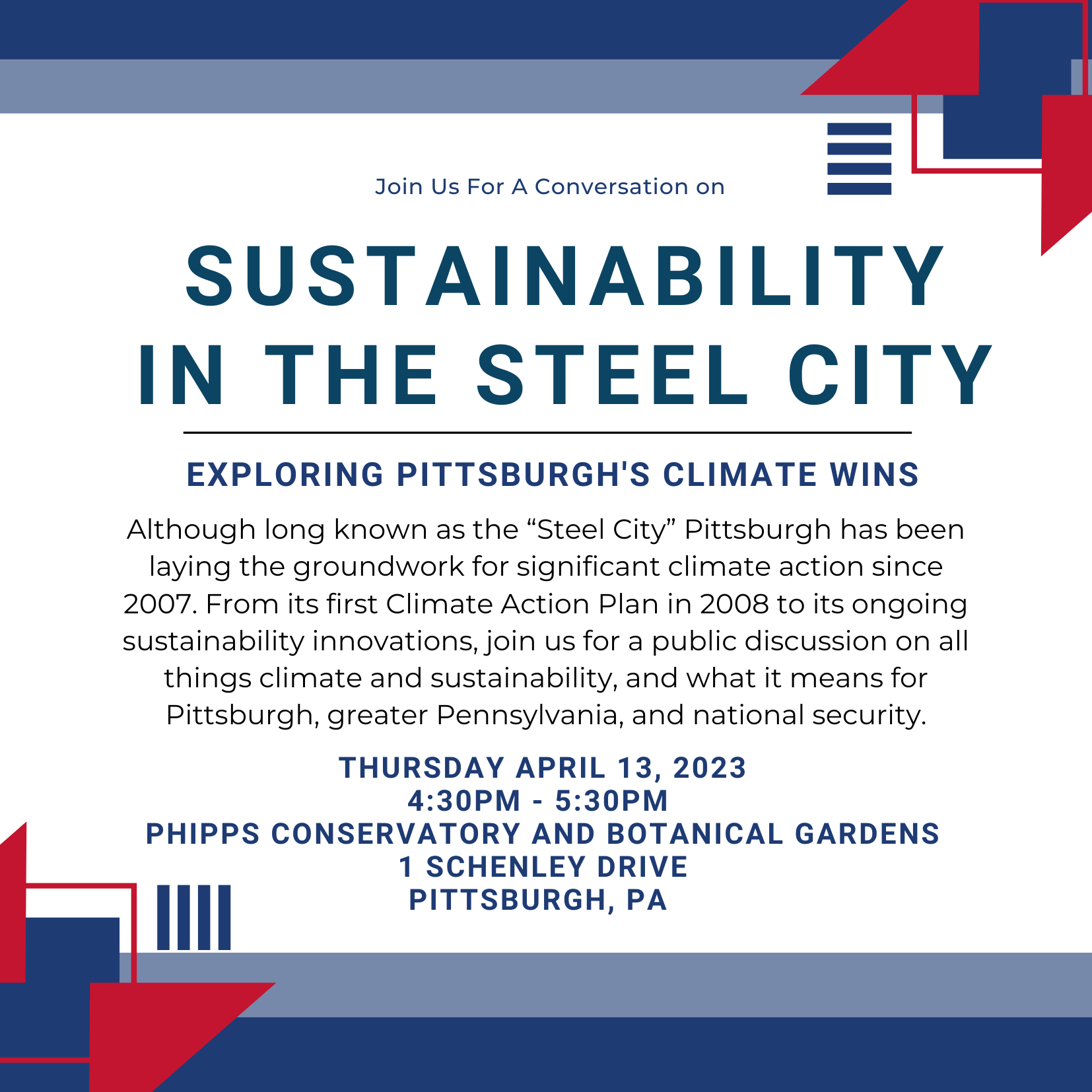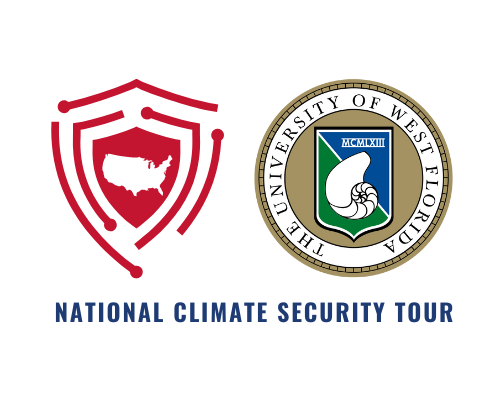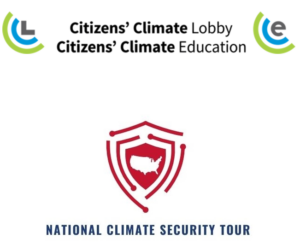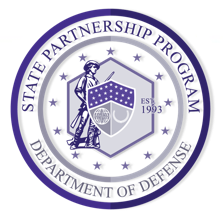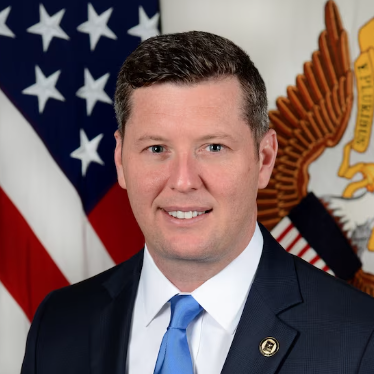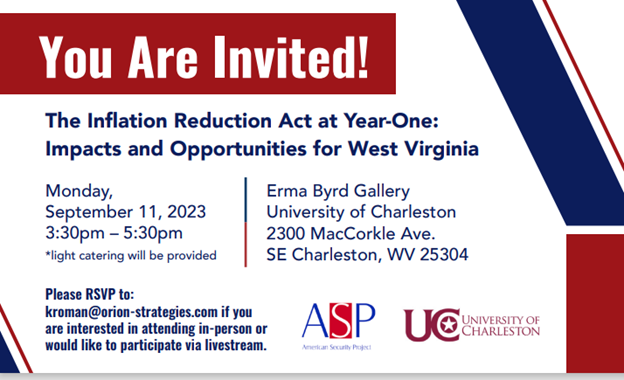NATO’s Next Act – A Conversation with Ambassador Doug Lute
A video and recap of this event is available here. Please join us on Tuesday, July 26 for a special conversation with former NATO Ambassador Douglas Lute. Ambassador Lute will share his views on NATO’s new Strategic Concept, threats to the alliance, NATO enlargement, and how the alliance is responding to the Russian invasion […]

